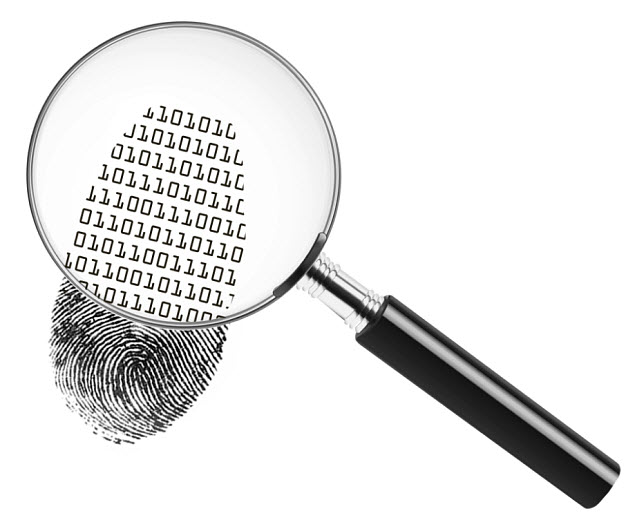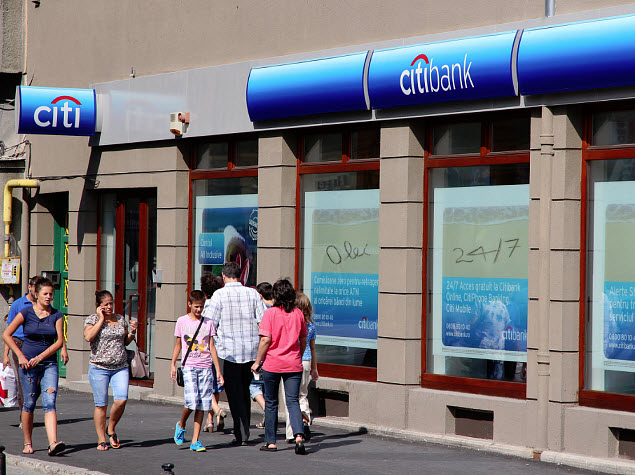This launch includes a new biometric ID system as well as the ability for the customer to use voice commands.
The Canadian online bank called Tangerine (formerly known as ING Direct) that offers services to customers in many countries around the world has now announced that its mobile banking apps will feature fingerprint recognition technology to enhance its security, as well as voice commands to improve the convenience of use over smartphones and tablets.
Tangerine believes that boosting their mobile security and ease of use will be greatly appealing to consumers.
According to the Tangerine president and chief executive officer, Peter Aceto, when it comes to mobile banking and their overall experience, the financial services company recognizes that people “want more control over their banking experience and our goal is to provide them with the ability to bank where they want, how they want and when they want.” He went on to add that “This is the future of banking, today.”
Over the coming weeks, these new features will be added to the Tangerine mobile banking app.
 Customers will be given the opportunity to use the Touch ID feature, which will allow them to take advantage of fingerprint recognition technology in conjunction with their password, in order to enhance the security of their smartphone banking experience. From there, the bank intends to watch the customer response to the use of this mobile security technology and to see how they feel about “sharing biometric information with us”
Customers will be given the opportunity to use the Touch ID feature, which will allow them to take advantage of fingerprint recognition technology in conjunction with their password, in order to enhance the security of their smartphone banking experience. From there, the bank intends to watch the customer response to the use of this mobile security technology and to see how they feel about “sharing biometric information with us”
From that point, Tangerine will look into the degree to which current mobile security methods can be replaced by this type of technology. However, for the moment, Aceto says that “it’s just an additional level of security,” as opposed to one that would replace the traditional password or stand on its own.
The voice controlled mobile banking app will give consumers the ability to ask certain specific questions, such as requesting their account balance, or even issue commands with greater complexity, such as paying a bill or sending an email money transfer. While Aceto insisted that the service is being launched “with good functionality,” he also added that the bank will be listening to the feedback of its customers in order to continually improve it.
Denny |
September 30, 2014
These products will be available exclusively to customers who will access them over their smartphones and tablets.
As much as online bill paying and digital transaction processing have become exceptionally commonplace, mobile banking has been experiencing a relatively slow adoption, comparatively speaking.
Some tenants are now capable of paying their rents electronically to skip paper checks, but smartphones aren’t there yet.
That said, as companies behind mobile payments work very hard to encourage consumers to use their smartphones instead of credit or debit card, a rising number of options are becoming available. Many are hopeful that the recent release of Apple Pay, along with the NFC enabled iPhone 6 will help to convince consumers to use this type of technology. At the same time, Citibank is looking at a mobile banking option that provides an account that is exclusive to smartphones and tablets.
The mobile banking account is called Access and Citibank has made it exclusively for these device users.
The primary market for the Access accounts are the Millennial generation, which typically down even own a checkbook and that are very used to paying their bills and making purchases online. This generation is also very comfortable with completing a large range of different tasks through the use of their smartphones and tablets.
Millennials are actually the biggest age-based demographic that are compete non-users of paper checks. Overall, though, 32 percent of consumers still use a paper check to pay at least one bill, whereas slightly more – 38 percent – pay at least one bill electronically.
As a whole, 12 percent of all Americans have said that they do not use their checkbook – regardless of whether or not they ever had one. Many of those who do still use checks use them for only one or two bills every month. Among the most common uses for this type of transaction is to pay rent.
Citibank is now seeking to move this type of transaction in a new direction with mobile banking and is aiming this product at the demographic that is most likely to be open to adopting it. According to the Citi U.S. chief operating officer of retail banking, Robert Beck, “We developed Access after spending a lot of time listening to customers and looking at their banking needs, and we identified several trends.”
 Customers will be given the opportunity to use the Touch ID feature, which will allow them to take advantage of fingerprint recognition technology in conjunction with their password, in order to enhance the security of their smartphone banking experience. From there, the bank intends to watch the customer response to the use of this mobile security technology and to see how they feel about “sharing biometric information with us”
Customers will be given the opportunity to use the Touch ID feature, which will allow them to take advantage of fingerprint recognition technology in conjunction with their password, in order to enhance the security of their smartphone banking experience. From there, the bank intends to watch the customer response to the use of this mobile security technology and to see how they feel about “sharing biometric information with us”

